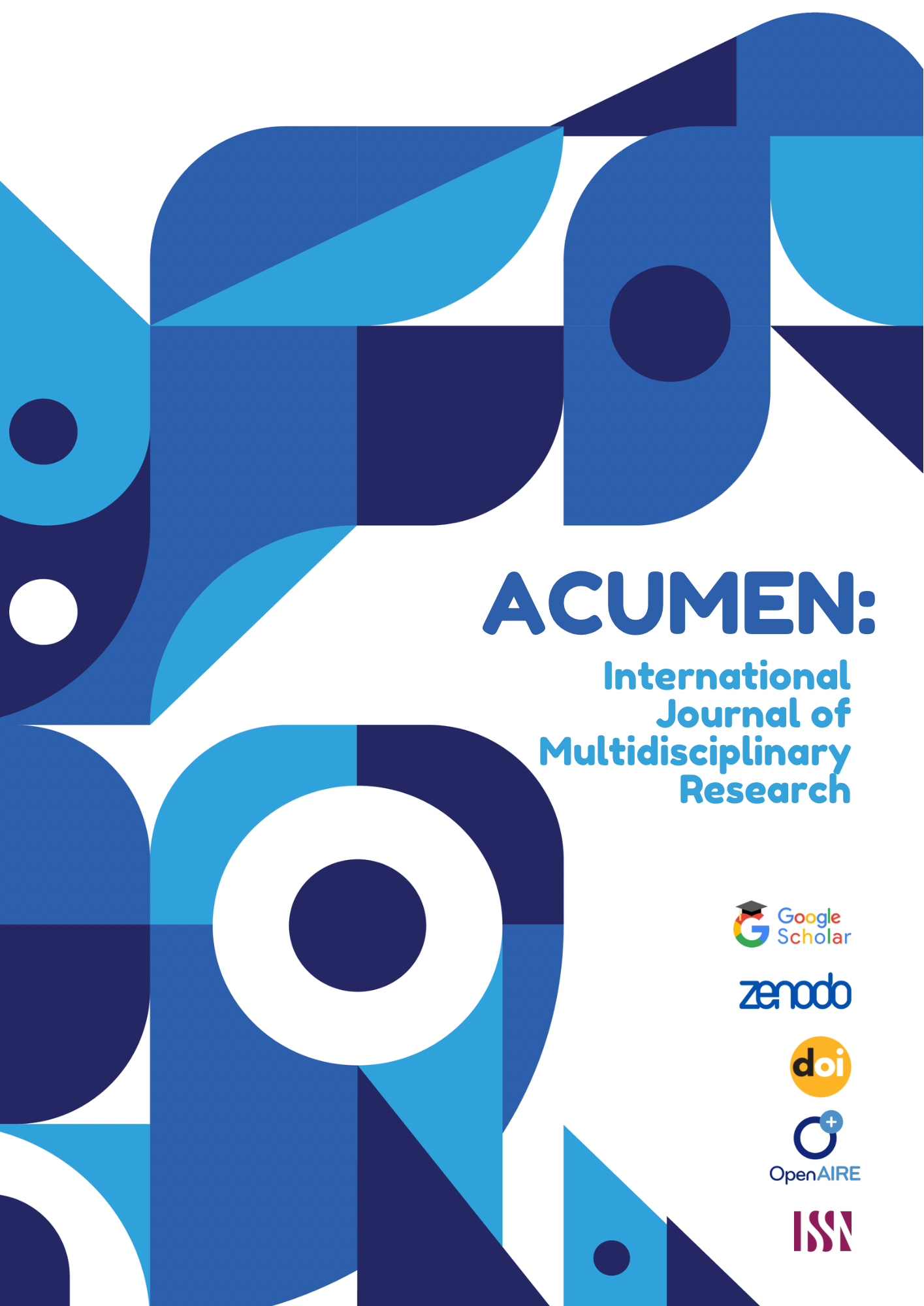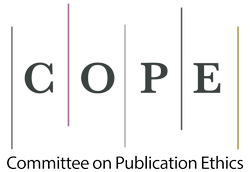BILINGUALISM AND THE CULTURAL IMPERIALISM OF LANGUAGE
Keywords:
Bilingualism, Cultural Imperialism, Language Hierarchy, Minority Languages, Language Dominance, Language Policy, Cultural Identity, Language Preservation, Colonialism and Language, Language ShiftAbstract
Bilingualism, the ability to speak two or more languages fluently, is a common phenomenon worldwide, influenced by historical, social, and cultural factors. However, when examined through the lens of cultural imperialism, bilingualism becomes a complex topic. The dominance of one language over others can lead to the erosion of minority languages, creating a cultural hierarchy where one language and its associated culture are privileged over others. This paper explores the impact of bilingualism on cultural imperialism, arguing that while bilingualism can be an empowering tool for communication, it can also perpetuate linguistic dominance and cultural inequality.
References
1. Phillipson, R. (1992). Linguistic Imperialism. Oxford University Press.
2. Skutnabb-Kangas, T. (2000). Linguistic Genocide in Education—Or Worldwide Diversity and Human Rights? Lawrence Erlbaum Associates.
3. Norton, B. (2000). Identity and Language Learning: Gender, Ethnicity, and Educational Change. Longman.
4. Fishman, J. A. (1991). Reversing Language Shift: Theoretical and Empirical Foundations of Assistance to Threatened Languages. Multilingual Matters.
5. Kabilova Sayyora Abdukarimovna. (2023). THEORETICAL FOUNDATIONS OF THE STUDY EUPHEMISMS. Proceedings of International Conference on Modern Science and Scientific Studies, 2(6), 119–123. Retrieved from https://econferenceseries.com/index.php/icmsss/article/view/2256
6. Razmjoo Moghadam, S., & Barani, G. (2025). The impact of linguistic vs. cultural imperialism on language learning. Frontiers in Psychology, 15, 1438849.
7. Hamel, R. E. (2005). Language empires, linguistic imperialism and the future of global languages. México DF: Universidad Autónoma Metropolitana, Dpto. De Antropología.





























